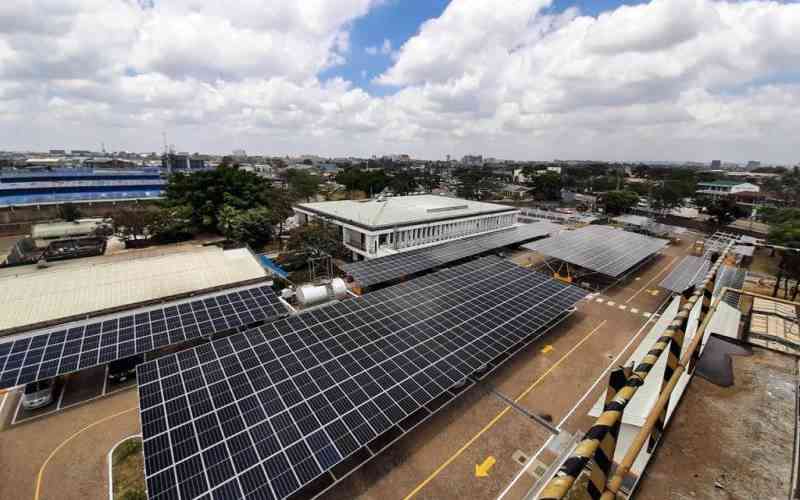×
The Standard e-Paper
Join Thousands Daily

Growth of industrial parks is poised to be a windfall for local solar companies, with a global trade body citing panel module assembly to be a lucrative area for investment.
The United Nations Conference on Trade and Development (UNCTAD) says solar power hold the potential of increasing access to electricity - though the sector needs skilling and training.